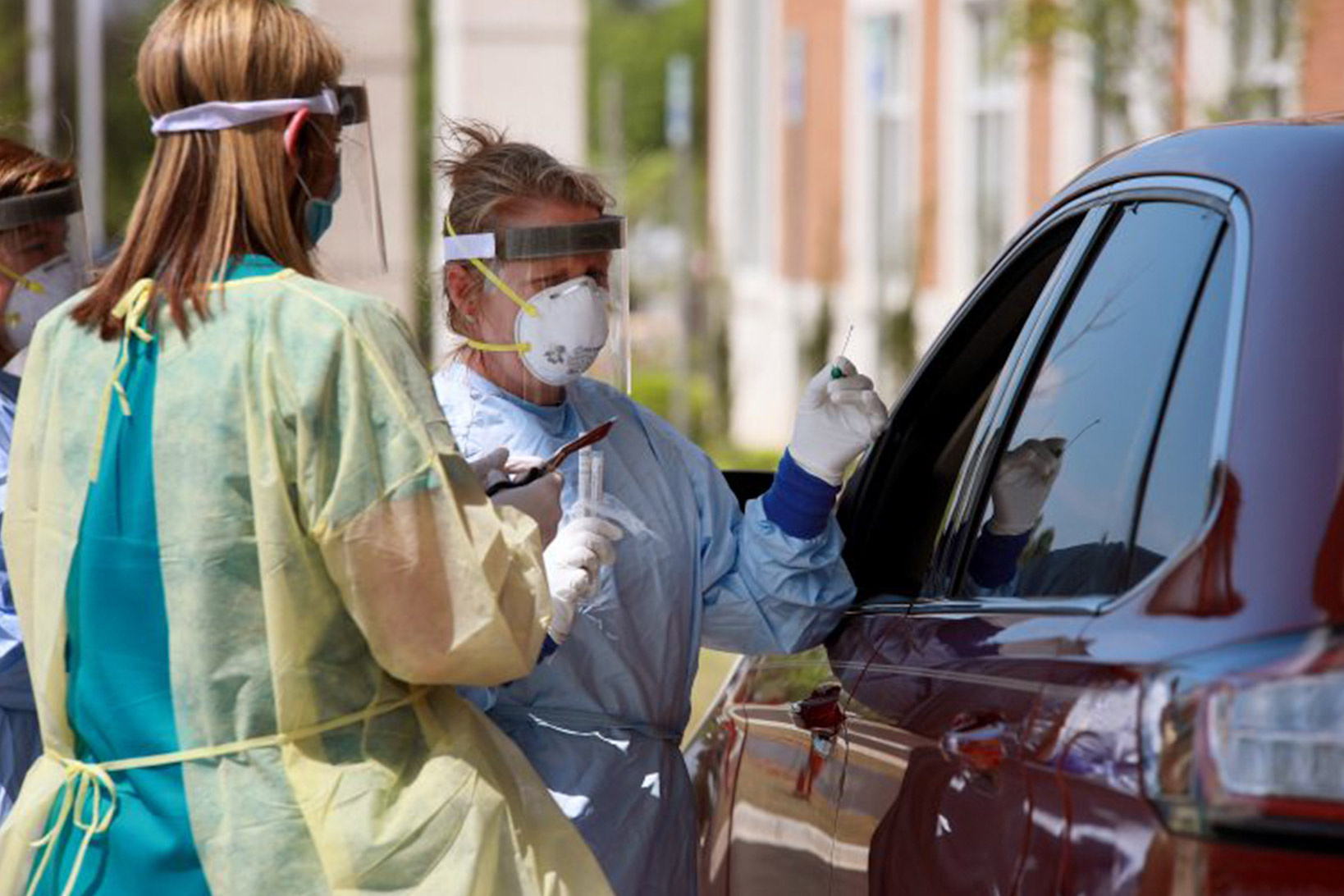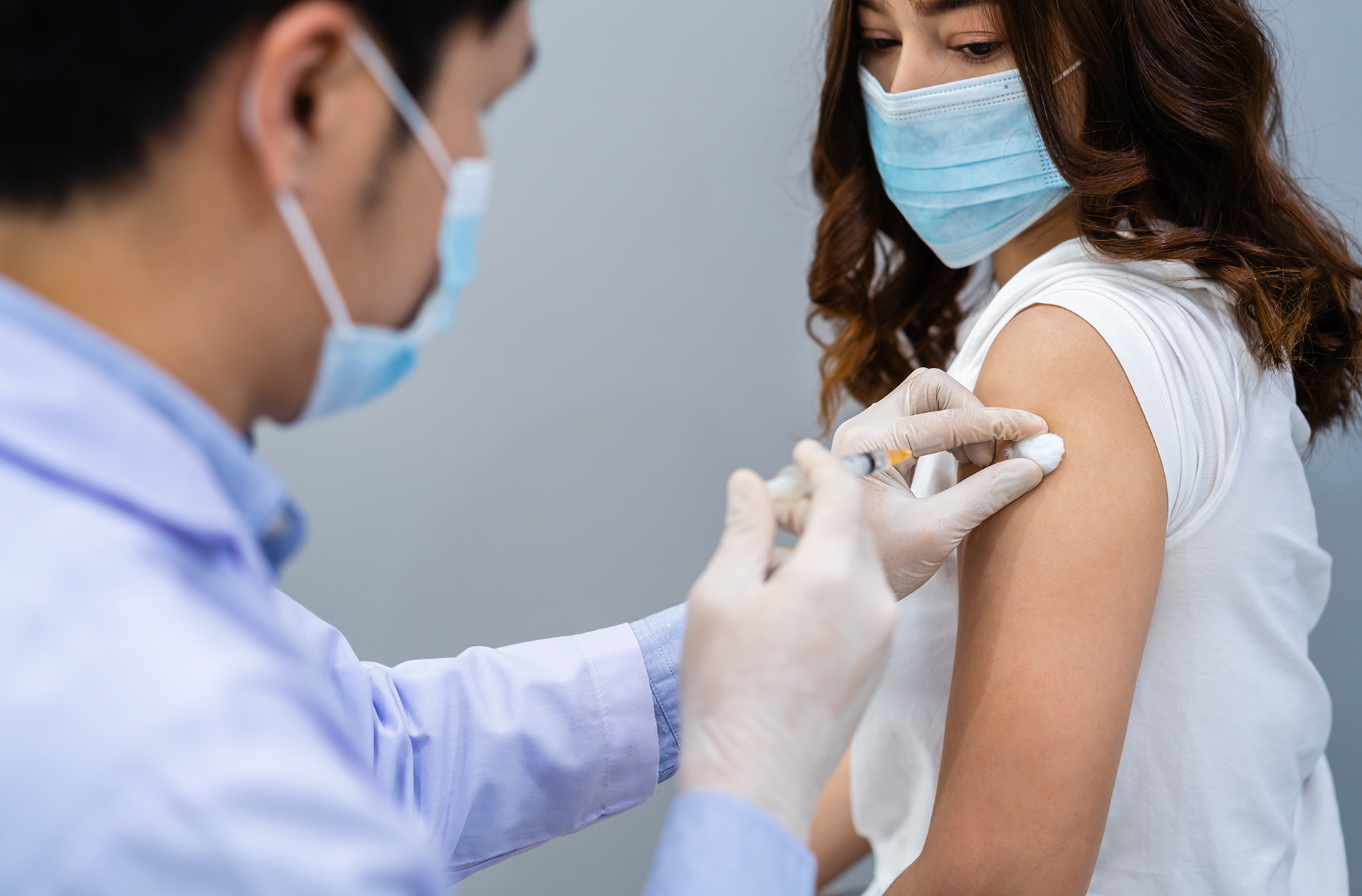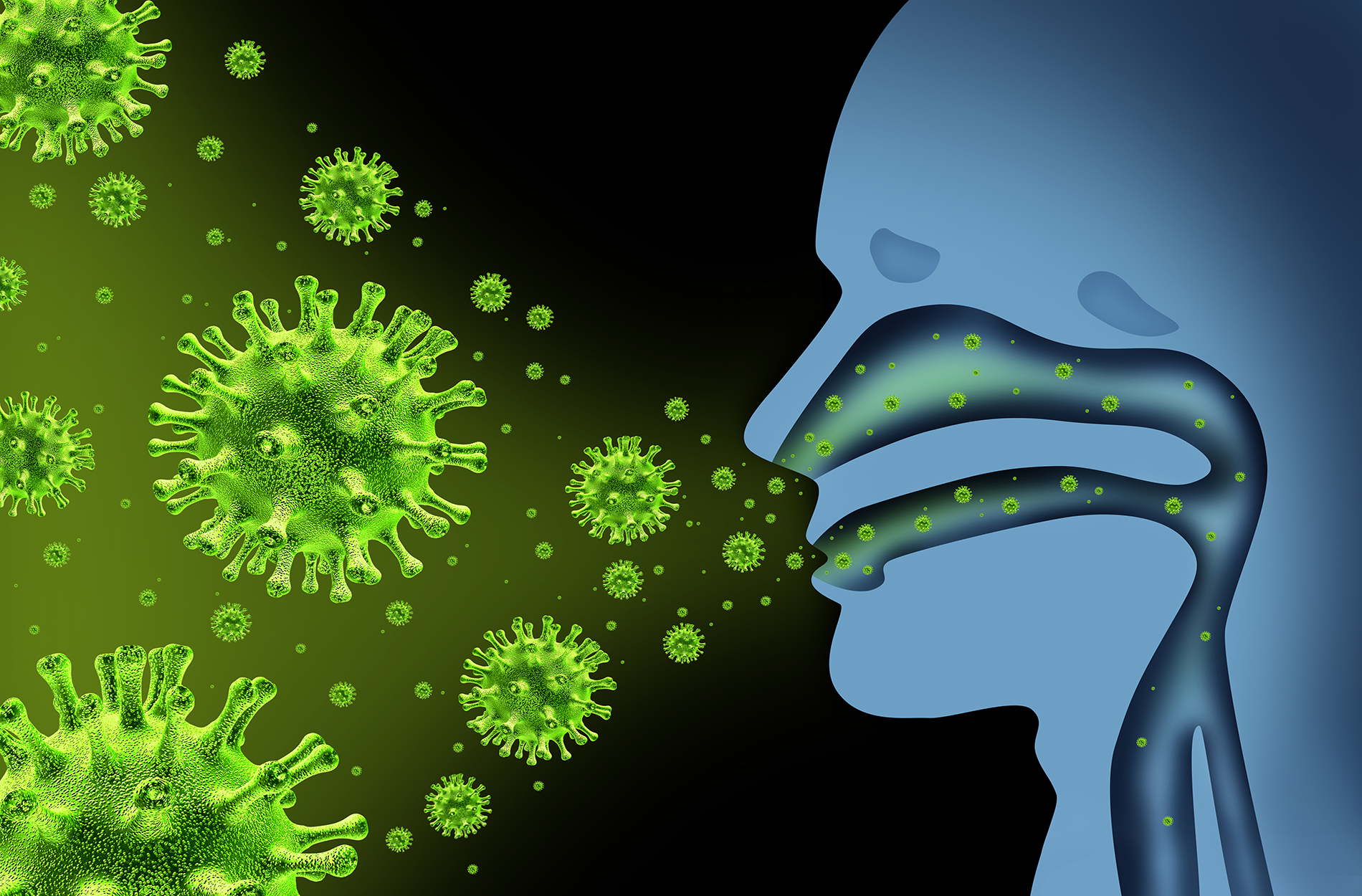Vaping has grown in popularity with young people. But is it safe? Ryan A. Walters, MD, with Lexington Family Practice Lexington shares the facts on vaping.
Q: What is vaping and is it dangerous?
A: Vaping is a term for the use of e-cigarettes. These devices heat a liquid into a vapor that the user inhales. They were originally intended to be used for smoking cessation, but they’ve become popular for recreational use, particularly in young people as a result of advertising, flavors, designs and absence of a smoky smell.
Chemicals in e-cigarettes include propylene glycol, glycerol, glycerin, flavorings, diethylene glycol, ethanol and formaldehyde. Some of the chemicals are considered toxic.
Hundreds of cases of severe lung disease are linked with e-cigarette use as well as cases of milder respiratory symptoms such as wheezing and coughs. Doctors have seen severe cases in people who modify their e-cigarettes or use e-liquids with added tetrahydrocannabinol. While e-cigarettes have not yet been definitively linked to lung cancer, long-term data isn’t available yet.
Most e-cigarettes contain highly addictive nicotine. In young people, nicotine can impact brain development by affecting cognitive abilities and attention. And research shows e-cigarette users are more likely to later begin using regular cigarettes.
Those who have children should talk to them about the risks of using e-cigarettes. For those who’ve never used e-cigarettes or tobacco products, don’t start as they are highly addictive. Current users should consider improving their health by kicking the habit. A health care provider can help.

Ryan A. Walters, MD, Lexington Family Practice Lexington






Leave a comment